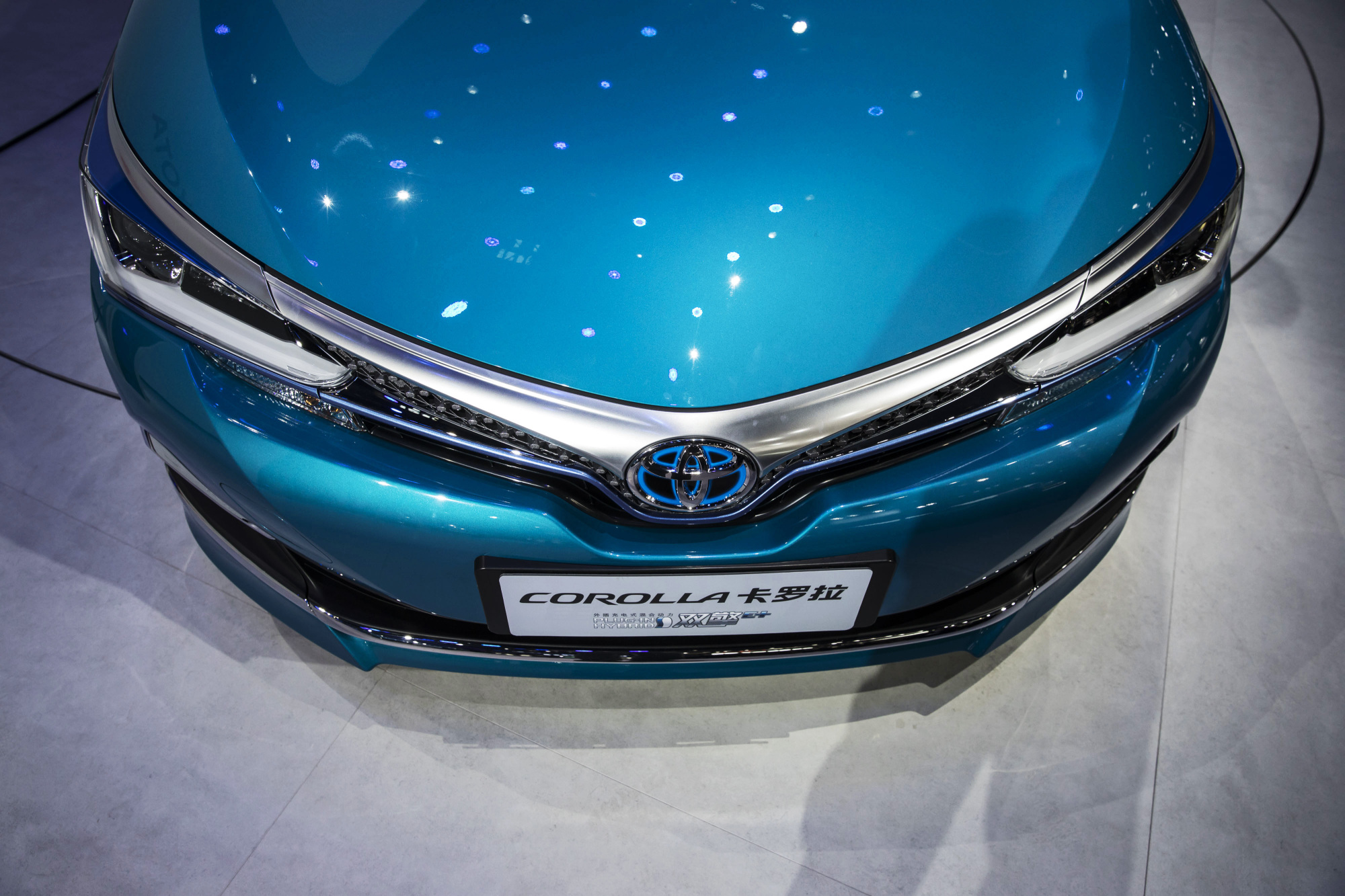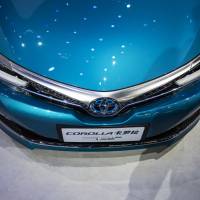Japan's dominant carmaker and its No. 2 wireless provider are gaining ground in the global race to establish a platform for cars that connect to wireless networks, a key milestone on the path to autonomous driving.
KDDI Corp.'s auto connectivity platform, developed with Toyota Motor Corp., has signed on several other Japanese carmakers to test and deploy the technology, Keiichi Mori, KDDI's head of "internet of things" projects, said in an interview in Tokyo. He declined to name the new partners because they haven't been formally announced.
Toyota and KDDI have developed a data communications module that works around the world, allowing its vehicles to connect to wireless networks without relying on global roaming services. Rival carmakers are forming similar partnerships with telecom and technology companies as they compete to provide drivers with in-car connectivity and develop vehicles that avoid accidents and, eventually, drive themselves.
Toyota spokeswoman Akiko Kita said the carmaker has no comment on the addition of other carmakers to the platform.
Honda Motor Co. announced a connected-car research partnership with Japan's No. 3 carrier SoftBank Group Corp. in November, while AT&T Inc. says it's working with 25 of the largest car and truck-makers, including Audi, Honda, Tesla and BMW, on the technology.
KDDI is betting on internet of things platforms like those used for connected cars for growth, as the phone market has become saturated in Japan, where the number of wireless subscriptions already exceeds the population.
Toyota, which owns a 12 percent stake in KDDI, has said it expects cars it sells in the U.S. and Japan will run the connected-car platform devices starting in 2020.




















With your current subscription plan you can comment on stories. However, before writing your first comment, please create a display name in the Profile section of your subscriber account page.